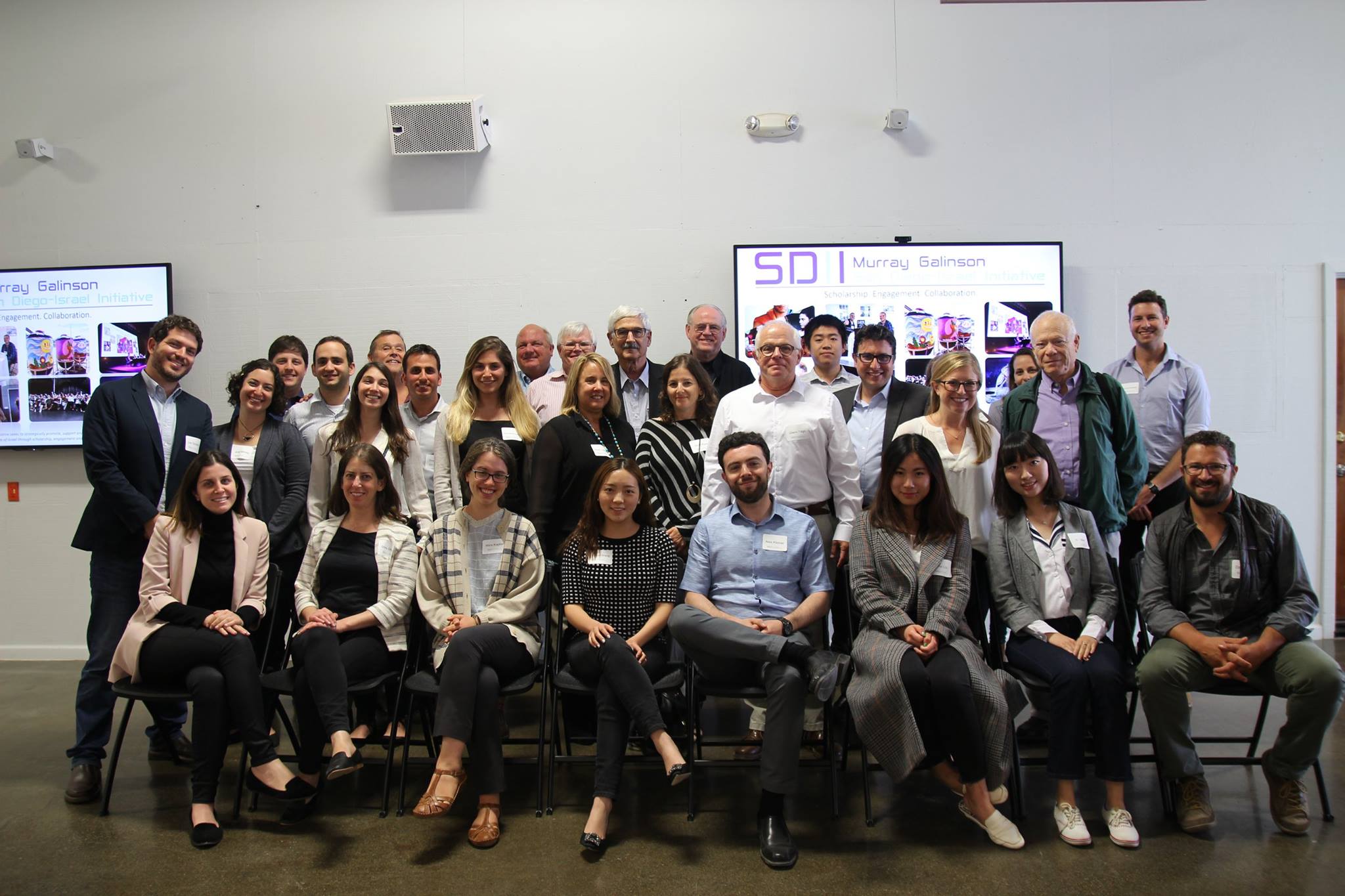Prof. Ayelet Gneezy
Prof. Ayelet Gneezy is an associate professor of marketing at the Rady School of Management, UC San Diego. Her main areas of practice include consumer behavior, the non-profit sector, and market research.
On our visit to UC San Diego, Prof. Gneezy held a discussion about social innovation. Her main thesis is that non-profit organizations should develop decision-making mechanisms that resemble those used in the business sector. Mainly, that these organizations refrain from implementing techniques such as setting targets, formulating objectives, determining success indicators, and most importantly – measuring results. These practices are an integral part of any business plan, and are part of the everyday language of business managers and strategic planners. However, in the non-profit sector, these empirical concepts are sometimes a foreign vocabulary.
Some non-profit organizations are inherently averse to such ideas, for various reasons. First, the notion that “social good cannot be measured” is robust among part of the NGO leaders. For example, who could measure the benefits for a young child from a program aimed to inspire curiosity? Second, measuring success inhibits recognition of failure, and more importantly, facing the consequences of it. At times this will require taking uncomfortable measures in order to increase efficiency, such as narrowing down a program and letting people go. In a sector which is sometimes foreign to these concepts, introducing them means bringing in a drastic change in the way of thinking.
However, according to Prof. Gneezy, there is no reason for this dichotomy to exist. Her “Social Innovation” course presents strategic problem-solving techniques into the non-profit world. She described an exercise that required students to use the “5-Whys” method in order to determine the source of a social problem they wish fix. The exercise could help reveal whether or not the common approach of dealing with this problem will eventually solve it. For example, say an NGO wishes to feed hungry children. The immediate answer to the question “Why are there hungry children?” will be “Because they don’t have food”, and the solutions might be food shelters. But continuing to ask the questions: “Why don’t they have enough food?”, “Why are their families poor?”, “Why don’t their parents have good jobs?”, etc., might eventually lead to a different solution – affordable child care that supports food and assistance with homework for young children. This, some might argue, is a long-term solution that not only helps hungry children of today, but prevents the existence of those of tomorrow.
As was stated earlier, weighing the indicators of success is a crucial part of the evaluation of social programs. Accordingly, in the base of this approach lies the assumption that the activity of non-profit organizations can be quantifiably evaluated. This, says Prof. Gneezy, depends heavily on how the organization’s targets are defined, and they should be constructed as those of a quantitative value. Everything can be measured, as long as you evaluate with the correct indicators.
Does this notion mark the “economization” of the non-profit sector? Will the non-profit sector cease to rely on intuition and life experience of the individuals running it? Can the emphasis on evaluation of results harm the ability of non-profits to do good?
The answers to these questions rely, partially, on the somewhat philosophical question: are there things that can’t be measured? Or, the more practical implication of this question, are there things that are extremely difficult to measure, to the extent that evaluating them would be inefficient?
If the answer to these questions is yes, then some non-profit organizations could be in trouble. For example, take an NGO that wishes to promote striving for excellence for under-privileged societies. How would one measure its success? Some would say, number of children getting into prestigious colleges, or GPA scores, or even attending volunteering programs. Others would say all these are auxiliary variables, and do not represent “striving for excellence” in itself. Excellence is an elusive trait, which cannot be reduced into a quantitative index.
Unfortunately, I cannot determine which one of these stands is true. However, I do believe that the non-profit sector can learn from the for-profit sector in terms of decision-making, evaluation, and make better use of the money in their disposal. And no doubt, Prof. Gneezy might be the person leading this change.


